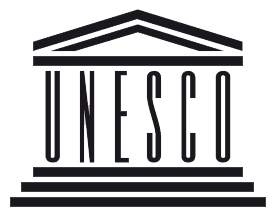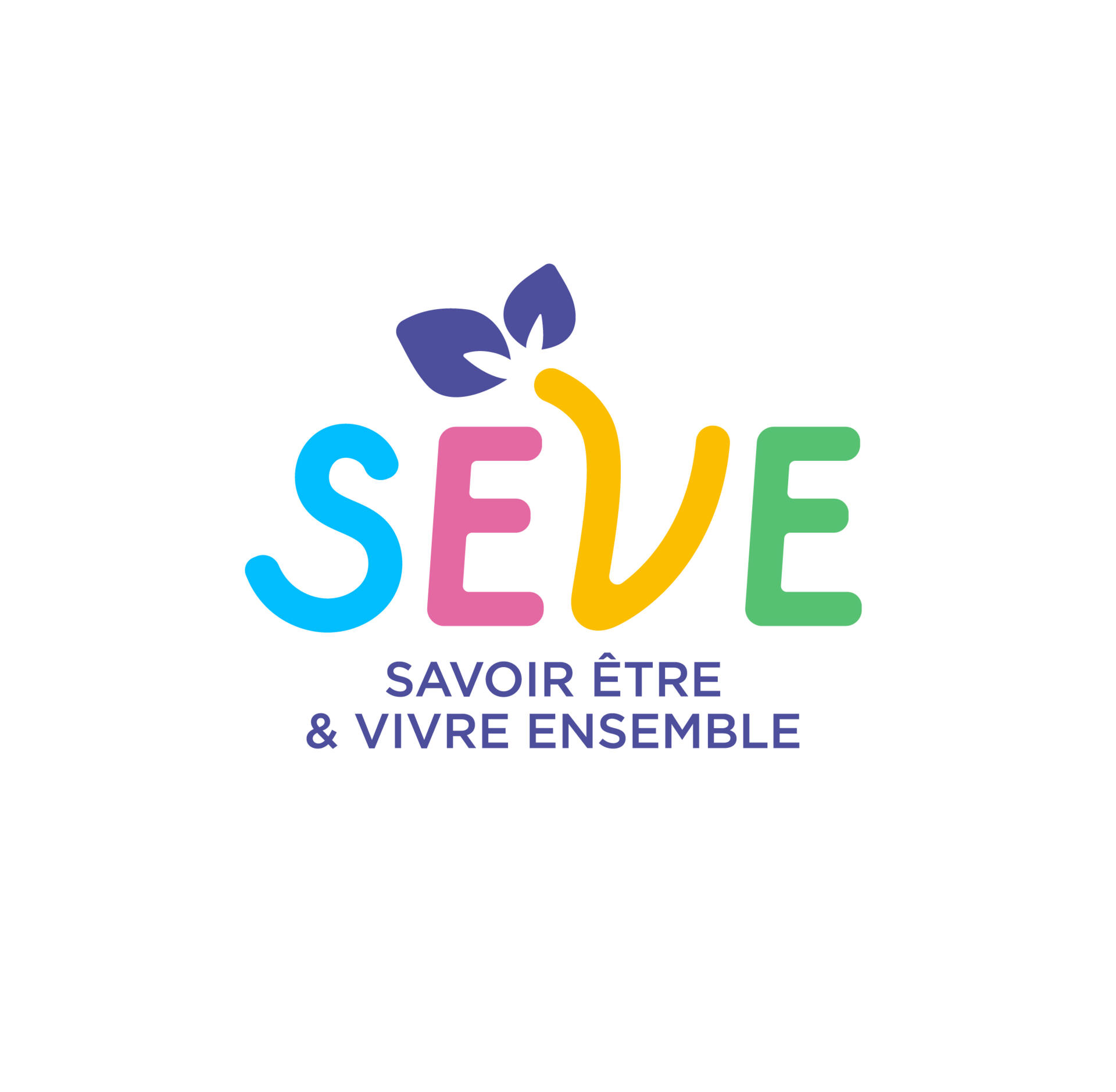
Registrations for 2026/2027 are now open – New! Launch of the Middle School cycle.
Click here to request an appointment with our team!

Ma Petite École Montessori – Bilingual Private School, Paris 15ᵉ
Guiding children from 2 to 15 years old to become the enlightened citizens of tomorrow.
“Help the child to act by himself, think by himself and want by himself.”
Maria Montessori
Preschool – Kindergarten – Elementary – Middle School
What makes us different!
- Supporting 120 children from ages 2 to 15, from preschool through middle school.
- Multi-age classrooms fostering cooperation and mutual support.
- A pedagogy that combines freedom, self-discipline, and respect for each child’s individual pace.
- An environment based on autonomy, kindness, and self-confidence.
- A bilingual and international school, open to the world, with more than 25 nationalities represented.
- Our students are prepared for the Cambridge English certifications, recognized worldwide, strengthening their confidence and enhancing their academic journey.
- A team of experienced educators, all Montessori-trained (AMI or equivalent).
- 3 adults for 20 to 25 students, ensuring close attention and personalized guidance.
- Bright classrooms, fully equipped with accredited Montessori materials.
- A wide range of artistic, cultural, and sports activities, complementing the Montessori program.
- A daily outing to Parc Georges Brassens and access to a botanical garden to learn through direct contact with nature.
- A school that is a member of the UNESCO network, actively involved in local social and cultural life.
Main activities and spaces
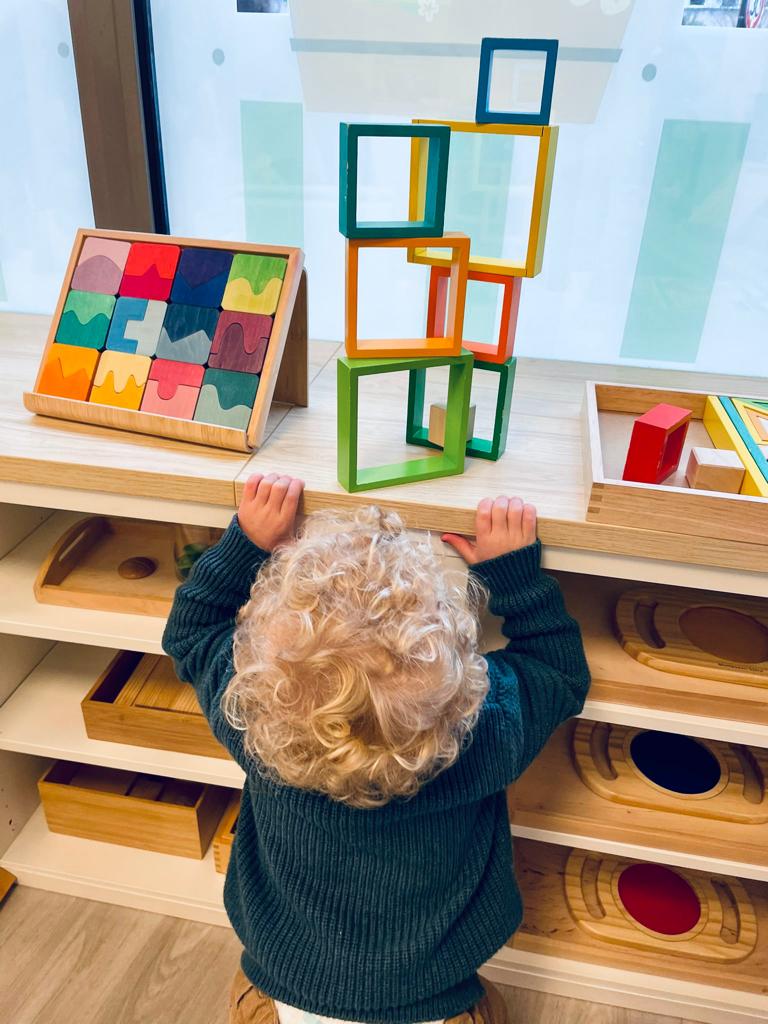
🌿 Class 2–3 years old:
The Children’s Community
Designed as a true cocoon, this environment is perfectly adapted to the needs of toddlers. Between 2 and 3 years old, children begin to gain autonomy while discovering life in a group.
They develop fine motor skills, refine their senses through sensory activities, progress in psychomotricity, and enrich their oral language in both French and English.
Each day, they also move forward on the path to independence (doing it by myself), while learning to manage their emotions and interact with others.
👉 A safe and nurturing environment where children lay the first foundations of self-confidence and personal growth.
🧒 Capacity: 20 children supervised by 3 adults.
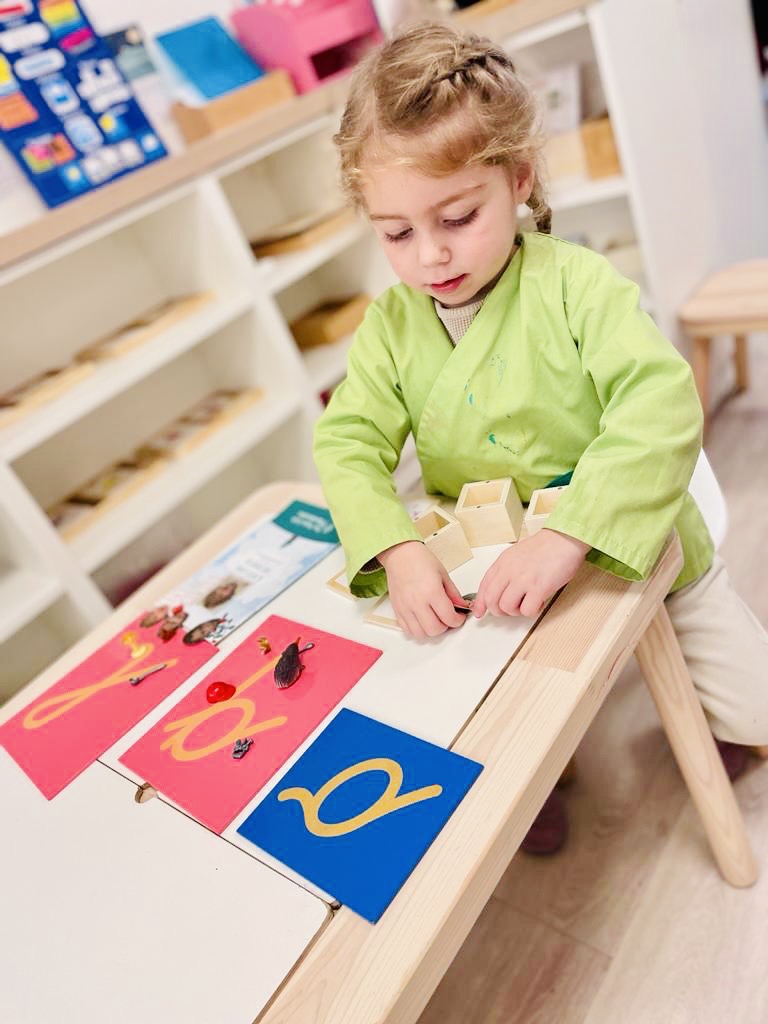
🌟 2 Classes 3–6 years old:
The Children’s House
From ages 3 to 6, the child is an eager explorer, full of curiosity. With their absorbent mind, they manipulate, experiment, and gradually build their understanding of the world.
With nearly 150 activities available, each child progresses at their own pace, guided by their interests and natural curiosity.
Children develop their language in both French and English, discover reading and mathematics, explore the wonders of the world through geography and science, and awaken their creativity through artistic expression.
👉 A rich and stimulating environment where the child builds the foundations of intelligence and personal fulfillment.
🧒 Capacity: 25 children supervised by 3 adults.
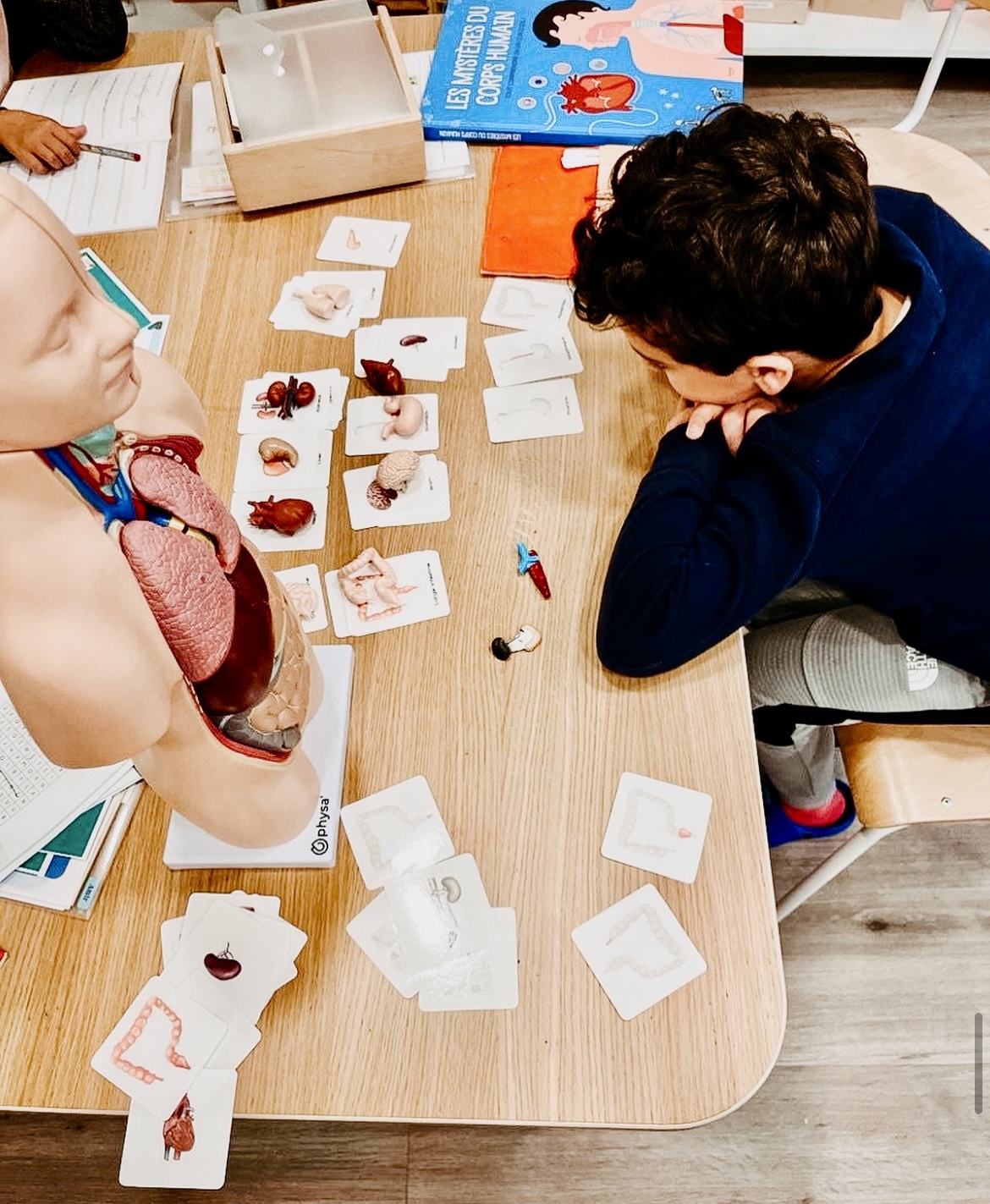
🚀 2 Classes 6–12 years old:
Elementary School
From ages 6 to 12, the child moves from the absorbent mind to the reasoning mind. Curious to understand the why of things, they learn to progress from the concrete to the abstract, to organize their work, and to collaborate with others.
In this environment, students gain autonomy, develop critical thinking, and gradually open themselves to the wider world.
Learning covers language (French/English), mathematics, geometry, sciences, history, geography, and the arts, approached through presentations, group projects, and individual research.
Each child progresses at their own pace with the help of an individualized work plan that helps structure their learning.
👉 A stimulating environment where students become active participants in their own discoveries.
🧒 Capacity: 25 children supervised by 2 adults.
🌱🌿 Un engagement social et responsable 🌻 🌳
Au-delà des apprentissages, nous sensibilisons nos élèves à leur rôle de citoyens responsables et solidaires. Notre école s’inscrit dans une démarche RSE concrète : un mur végétal et un potager pédagogique pour apprendre à cultiver et respecter la nature, des rencontres intergénérationnelles en EHPAD pour partager des activités avec les aînés, la participation à des événements sportifs caritatifs pour soutenir des causes solidaires, ainsi que des projets menés par les élèves autour de la protection du patrimoine et de la préservation de l’environnement.
👉 Une façon de grandir en conscience, en lien avec les autres et avec le monde.
The teaching team
Access Map
7 rue Villafranca 75015 Paris / 55 rue des Morillons 75015 Paris / 48 rue de Dantzig 75015 Paris
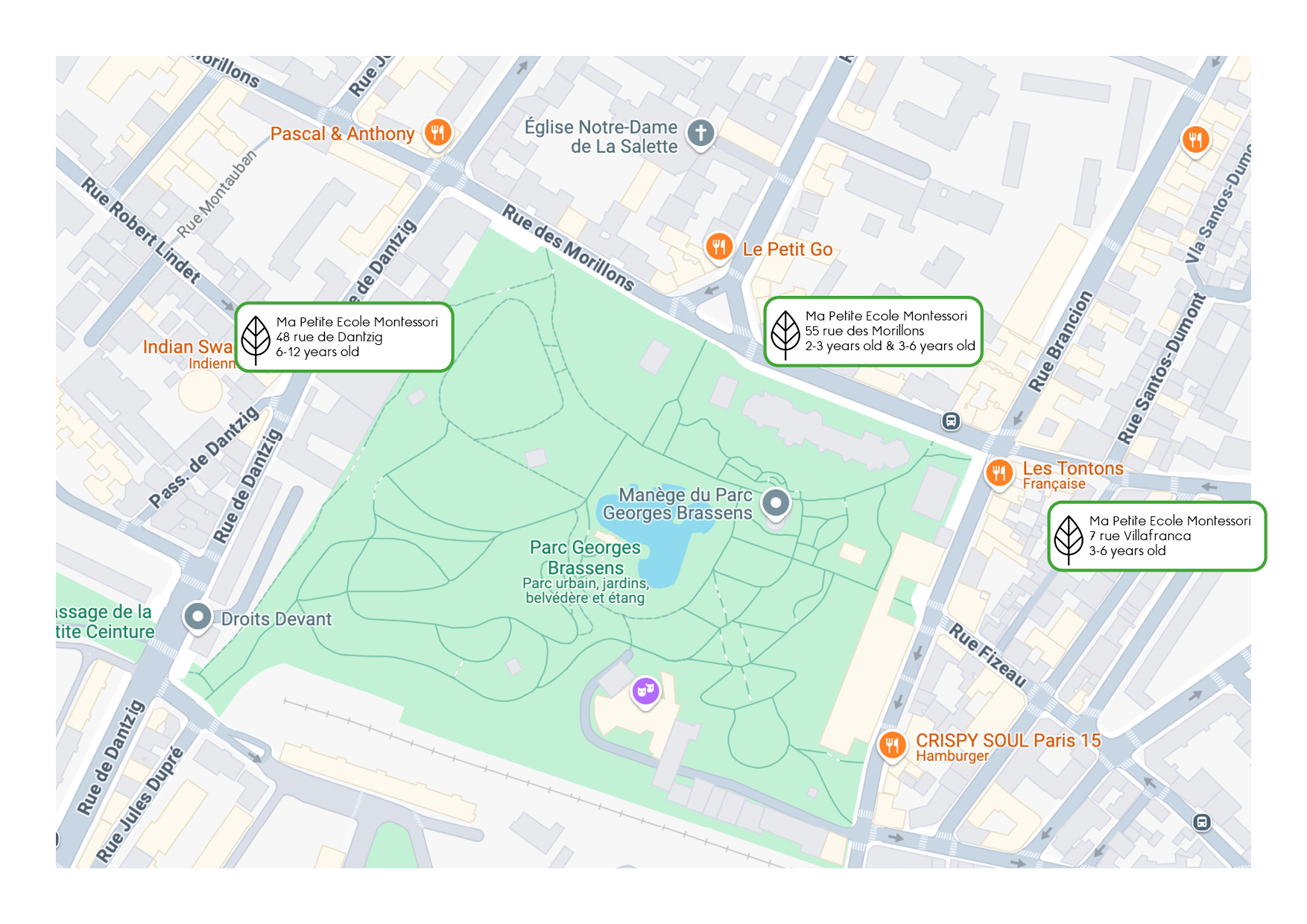
It’s the families who talk about it best!
I enrolled my three children at Ma Petite École Montessori for one year, after several years of unschooling. We had an incredible experience!
Oriane’s availability to show us around the school, the responsiveness in welcoming the children, their smooth integration, the activities and outings offered, the quality of the teaching team, the follow-up with students, the real-time communication with the staff through the parents’ app, the photos shared during the day to keep us updated, the delicious school lunches…
So many strengths and not a single weakness to mention!
The children loved their time at this school, which we left with great regret. Thank you for everything, and congratulations on your wonderful work!
Thank you to Oriane, Arianna, and the entire team at Ma Petite École Montessori for the wonderful year our daughter spent at this school.
She has just completed a year in the new 2–3 year-old class — a year filled with growth and fulfillment for her. We highly recommend this school for the diversity of learning experiences it offers, all within a very caring and respectful environment for the child.
The staff are also available to support and advise parents.
A lovely, welcoming, nurturing, dynamic, and respectful place where children truly flourish!
I recommend Ma Petite École Montessori 200%! The teaching team is amazing and truly caring. They combine great rigor in learning with daily kindness, attention, and listening — not only towards the children but also towards the parents. I always felt warmly received whenever I had questions or requests regarding my daughter, and that is so important for a parent.
The outdoor vegetable garden made by the children is fantastic!
Coming back at the last minute from a stay abroad, I was desperately looking for a bilingual school for my daughter, and I couldn’t have found a better environment for her first steps into school life. The entire team — from the teachers to the after-school staff, including the management — is truly passionate about early childhood and education. You can see that the happiness of their students is at the heart of everything they do.
Arriving at Ma Petite École Montessori at the age of 3, shy but curious, my daughter left at 6 years old, confident, happy, with many friends and an impressive body of knowledge that I don’t think I had at her age (the solar system, precise names of organs, birds, plants…). If we hadn’t had to move, I would have kept Mira at this excellent school until she was 12.
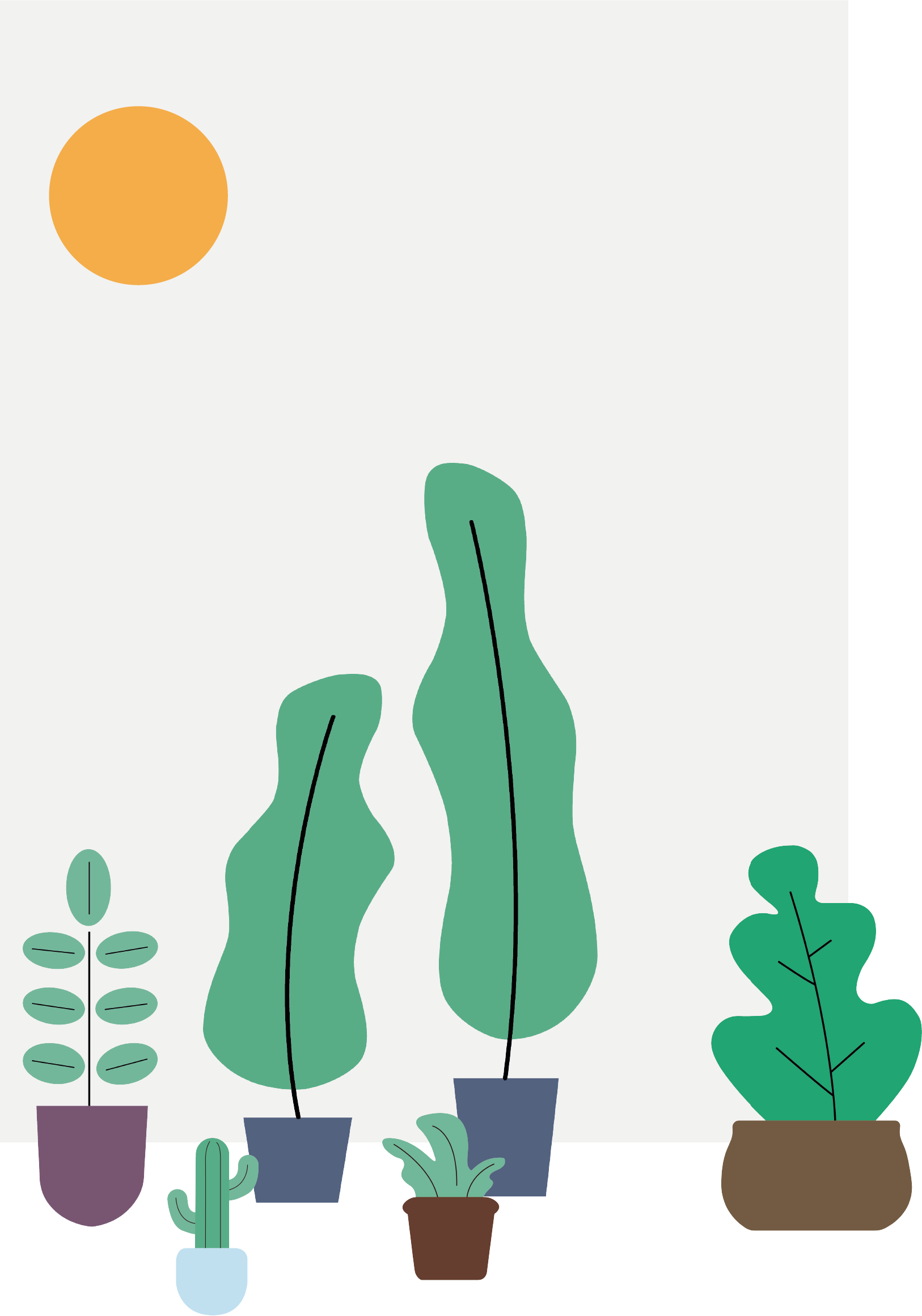
Rates 2026-2027
Ecole primaire (2 à 11 ans)
School fees for 2026-2027 depend on the options chosen (in particular canteen and garderie).
Tuition: €9,400/year
Registration fee (for new students only) : €600
School lunch (4d/week) : €1,500/year
Evening garderie (4d/week) : €225/month or €25/evening
50% tax deductible for children under – 6 years old.
Wednesday afterschool 2-12 years: €255/month or €85/day
50% tax deductible for children under – 6 years old.
Holiday weeks 6-12 years: €390/week or €95€/day
50% tax deductible for children under – 6 years old.
Certain situations may give rise to reductions : siblings, …
Frequently asked questions
Questions about Montessori pedagogy 🌿
Who was Maria Montessori?
Maria Montessori was born on 31 August 1870 into a wealthy Italian family.
Her father worked for the civil service. She was brought up with strict rules, but with a mother who always respected her freedom. This would make her a free woman, a woman of character.
Her parents would have liked to see her pursue a career as a teacher. But in 1884, she discovered a passion for mathematics and decided to go to a technical school for boys. Her discovery of biology was a revelation and led to her becoming a doctor.
She obtained her engineering diploma and wanted to go into medicine, which at the time was the exclusive preserve of men. Medicine for a woman was totally forbidden at the time. After several refusals, in 1892 she met the Pope, who agreed to write her a letter authorising her to enter medicine.
Discord with her father grew, and he decided to lose interest in what she was doing. Her father cuts her off Destitute, she applied for scholarships and won them all.
As a woman, she was not allowed to attend certain courses. So she went alone at night to take them (Dissection, for example).
In 1896, at the age of 26, Maria Montessori became one of the first women to graduate from medical school in Italy. She graduated top of her class. She was recognised as an extremely talented doctor.
She then worked for two years at the psychiatric clinic of the University of Rome. There she studied the behaviour of young ‘mentally retarded’ people. It was there that she discovered that these children had no games at their disposal, even though they needed action to progress and needed their hands to develop their intelligence. She observed the human instinct to get to work and the child’s natural need to acquire new knowledge.
At the same time, she discovered the research of Jean Itard (1774-1838), a doctor and inventor of otolaryngology, who worked with deaf-mutes, and in particular his writings on Victor, the wild child of Aveyron, as well as those of Édouard Séguin (1812-1880), a French pedagogue working with ‘idiot’ children at Bicêtre, and author of ‘Hygiène et éducation des idiots’ published in 1846.
In 1898 Maria Montessori had a child out of wedlock, named Mario, with Giuseppe Montesano, her psychiatric colleague. At the time, having a child out of wedlock was inconceivable. Maria’s pregnancy was therefore kept secret with the support of her mother. She gave birth abroad and placed her son on a farm. She would get him back 12 years later.
Urged on by her mother, Maria Montessori decided to resume her work. She returned to Rome, resumed her research and from 1900 decided to devote herself to education. She used her research to provide her little ‘deficient’ patients with teaching aids. She entered her children in the school competition She was summoned on the day of the results, and discovered that her patients obtained better results than the so-called normal children.
In 1901 she began to take an interest in ‘normal’ children. She began studying psychology and philosophy. In 1906, at a turning point in her life, she took charge of ‘normal’ pre-school children, for whom she created her teaching method.
Maria Montessori was one of the first active feminists She demonstrated at the turn of the century with the slogan ‘Equal pay for equal work’.
In 1907 Maria Montessori was asked to set up a school in the San Lorenzo district of Rome – a deprived area where the workers rebuilding Rome lived and where the children were left to fend for themselves all day.
Maria Montessori opened the first Children’s House (Casa dei Bambini). An organisation began building two blocks of flats to house the slum-dwellers. The director asked Maria Montessori to organise the lives of the children in these buildings.
Maria Montessori’s first problem was the lack of hygiene among the children arriving at school in the morning. She therefore created a hygiene lock for entering the classrooms Children had to wash themselves before entering The practical life zone is born
The Casa dei Bambini became a research base, an experimental laboratory where Maria Montessori built and tested her method. This was the starting point for the creation of Montessori schools. Today there are almost 20,000 of them throughout the world.
What is Montessori education?
The best way to respond is through the pillars of the method:
– Mixed age groups to encourage children to help each other. Avoid competition. The younger children learn from the older ones and the older ones reinforce their knowledge.
– Free choice: Children should be free to choose the activity they want to do. They can therefore choose the activity they want to do as soon as it has been presented to them by their instructor.
– A long work phase: to encourage the child to concentrate, which means repeating the activity to achieve perfect movement.
– Montessori teaching materials: the materials have been designed down to the smallest detail to ensure that children learn effectively and as naturally as possible. Once the material has been presented, the child can use it and return to it as many times as he or she likes.
The material is self-correcting, so there is no need for adult intervention.
– Mistakes are not sacrosanct. The brain needs mistakes to learn. Montessori teaching methods do not penalise mistakes with a mark, so that children do not stop trying because they are afraid of making a mistake.
– A well-prepared environment: in each classroom / environment, there are clearly defined areas with progressive activities arranged in a specific order (from left to right and from top to bottom).
What is the relationship between Montessori pedagogy and neuroscience?
Over the last 30 years, numerous studies have been carried out on the cerebral development of very young children. These discoveries support Maria Montessori’s work of observation and explain the success of this teaching method.
The human baby is born premature. The brain is not mature and will therefore develop after birth. All the relationships that the baby experiences will profoundly modify its brain. Each relationship will have an impact on the child’s neurons, molecules, synaptic connections, neuronal circuits and cerebral structure.
You therefore need to show your child a great deal of empathy and kindness in order to ensure that his brain develops to its maximum potential.
In children, the anterior prefrontal cortex is underdeveloped. This is the part of the brain that distinguishes us from the great apes and acts as an emotional filter. It allows us to control ourselves.
The child is therefore directed by its archaic brain and its emotional brain.
So a child who cries, screams, scratches or dies is simply responding to an emotional storm in the only way it can. His behavioural response is proportional to the emotional storm he is experiencing and which is causing him pain.
Once we know this, it’s easier for us to sympathise and empathise.
The best way to support your child is not to shout or punish him – on the contrary, this would be totally counter-productive. Each negative event or emotional storm will slow down the development of the prefrontal cortex, which will enable the child to control himself.
As a parent, you therefore need to respond sympathetically to this anger, anxiety or fear.
To do this, the parent will play the role of prefrontal cerebral cortex prosthesis by verbalising and explaining to the child what he or she is feeling. By holding the child and, once the crisis has subsided, by putting the problem into perspective. In this way, we help very young children to understand their emotions. This process will help the brain to develop and, as a result, the seizures will diminish.
Why do we talk about children's ‘stages of development’?
Maria Montessori identified four stages in a child’s development. Scientists have recently shown that these periods correspond fairly closely to the development of the anterior cerebral cortex.
Each stage has its own characteristics.
The period from birth to age 6, which corresponds to infancy, is the phase in which human characteristics are acquired and the personality is built.
From birth to the age of 3, the child’s need is ‘Help me to be myself’, from 3 to 6 it will be ‘Help me to do myself’, from 6 to 12 it will be ‘Help me to think for myself’.
Why do we talk about ‘sensitive periods’ in children?
Children have instincts that naturally lead them to take an interest in aspects of their environment. The child will therefore orientate itself in its environment to draw knowledge according to its needs. They will be more or less interested in, or sensitive to, certain activities. As parents, we therefore need to keep a close eye on our children so that we can offer them activities in their environment that will meet their needs.
Sensitive periods vary in duration and intensity from one to another and from one individual to another. There are six of them:
- The sensitive period of order (from birth to 6 years).
- The sensitive movement period (from 0 to 5-6 years).
- The sensitive language period (from 0 to 7 years).
- The sensitive period for sensations (from 0 to 6 years).
- The sensitive period for small objects (from 1 to 6 years).
- The sensitive period for social life (before birth, peaking at 6).
These sensitive periods are momentary and cease as soon as the desired knowledge is acquired. This attraction to an activity or experience is vital. It is even painful for children when their desire is thwarted. A child whose experience is restricted may experience a fit of sadness or anger.
Why are the classes of mixed ages?
The mixed-age classes are designed to encourage children to help each other and avoid competition. The younger children learn from the older ones and the older ones reinforce their knowledge.
What does ‘free choice’ mean in a Montessori classroom?
Children must be free to choose the activity they want to do. They can therefore choose the activity they want to do as long as it has been presented to them by their teacher.
How does a Montessori child fit into the traditional school system?
It depends on the child, his or her age and stage of development. The Montessori method works in three-year cycles, at the end of which the French Ministry of Education has established that a child educated in a Montessori school has acquired the same skills as a child who has been educated in the traditional system. Taking a child out in the middle of the cycle can lead to difficulties in adapting, as the level of skills will not be uniform.
What will really make the difference is the way in which these skills are acquired: by following the child’s pace and respecting his or her developmental stages, with a teaching approach that is adapted and individualised for each child. We don’t force children to be at the same level at the same time, but we help them individually to achieve the same results at the end of the cycle.
Does Montessori education comply with the requirements of the Ministry of Education and an education programme similar to that of the traditional system?
Yes, Montessori schools, at the end of the cycle, have demonstrated that they meet all the requirements of the national education system and go even further. The skills required by the national system are acquired and mastered throughout the cycle, at each child’s own pace.
Do all personalities fit into the Montessori system?
Maria Montessori devised a teaching method that could be adapted to all children, regardless of their origin, environment, language or development.
She never limited this learning method to a specific group of children.
Questions about how the school works 🏫
What is the school calendar for 2024-2025?
- All Saints’ Day from 19.10.24 to 04.11.24
Christmas from 21.12.24 to 06.01.25
Winter from 15.02.25 to 03.03.25
Spring from 12.04.25 to 28.05.25
Ascension Day from 08.05.25 to 13.05.25
End of 3ᵉ term and end of year: 27.05.25
Are meals cooked on site or just heated?
Meals are prepared on site every day by our cook using fresh, organic produce. The kitchen is located in the basement of the school.
Is the morning reception at one o'clock on the dot, or is there more time to get there if you live a long way away?
Morning classes are held between 8.30am and 9am. We consider that half an hour is a useful time to allow families who live far away or who depend on public transport to arrive at school without stress. It also allows us to welcome each child individually. The doors close and the children start their activities at 9am.
Do you offer a childcare service? How is it run and by whom?
The school offers a nursery service every evening between 4pm and 6.30pm. On Wednesdays from 8.30am to 6.30pm.
What extra-curricular activities do you offer during the holidays?
Following the Paris school holidays calendar, we offer extra-curricular activities during the first week of the October holidays, the first week of the February holidays, the first week of the April holidays and the first two weeks of the summer holidays.
Our English- and French-speaking teachers will offer Montessori-inspired activities, following a specific theme for each week, and incorporating workshops with speakers who will change according to the theme proposed.
Full details and registration details will soon be available in the ‘Extra-curricular activities’ section.
Will there be any outings for the children during the year?
An outing is planned for the end of the year for all children who wish to take part. It will be a short adventure to discover life on a farm just outside Paris.
Why do I have to pay to register?
We are a non-contract public school that applies the Convention Collective de l’Enseignement Indépendant (Collective Agreement for Independent Teaching). We base our income on our children’s schooling, as we receive no state subsidies.
Subscribe to our Newsletter 💌
advice, good deals and gift ideas, delivered lovingly to your inbox every month
🏫
On recrute !
We are hiring !
🇫🇷 Pour notre établissement Paris 15ème nous recrutons des éducateurs et assistants éducateurs Montessori francophone et anglophone.
🇬🇧 For our school in Paris 15, we are hiring english and french speaking trained Montessori educator and assistant.
Read our latest blog posts
No Results Found
The page you requested could not be found. Try refining your search, or use the navigation above to locate the post.
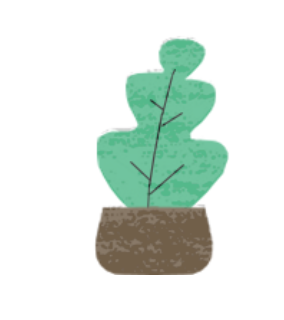
Join
the team
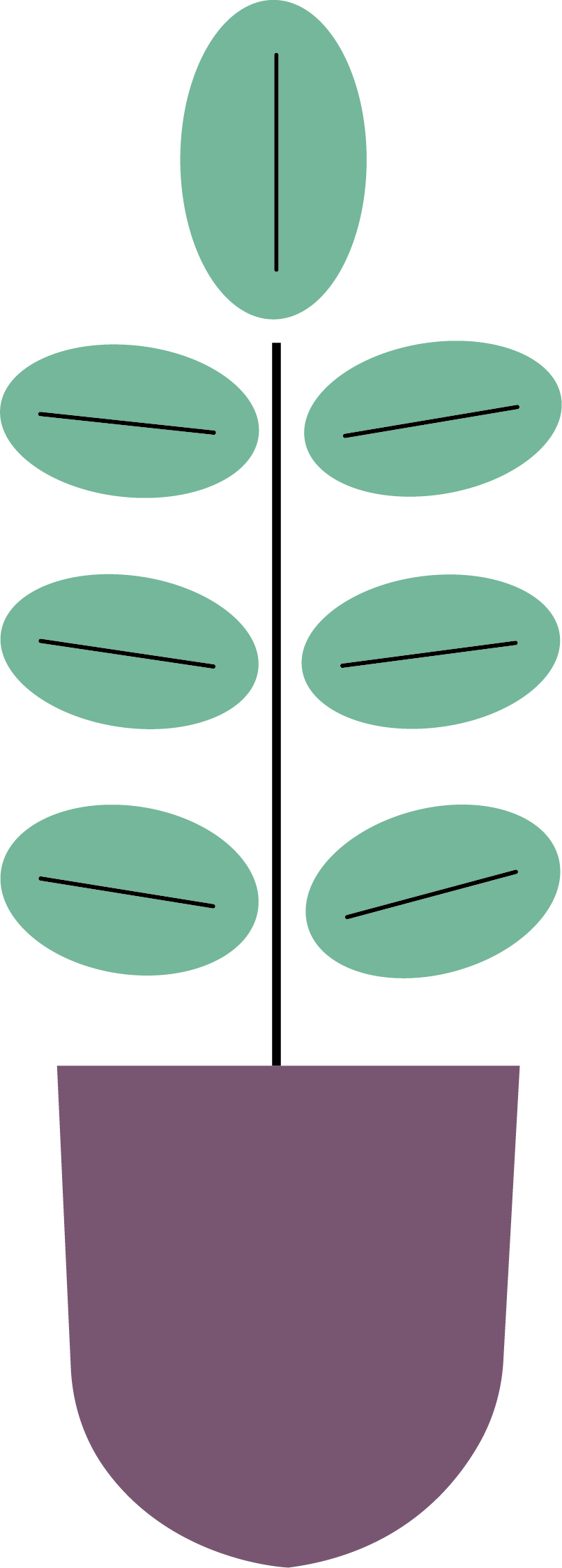
Contact
us
Are you interested in working at our school? We are always on the lookout for people with a passion for the Montessori philosophy to strengthen our teaching team.
Do you have any questions, need to talk to our team or just want to share an idea?
Don’t hesitate, our team is ready to listen.
Our partners
Ma Petite
Ecole Montessori
Mobile : 0630909637
oriane@mapetiteecolemontessori.com
7 rue de Villafranca 75015 Paris
55 rue des Morillons 75015 Paris
48 rue de Dantzig 75015 Paris

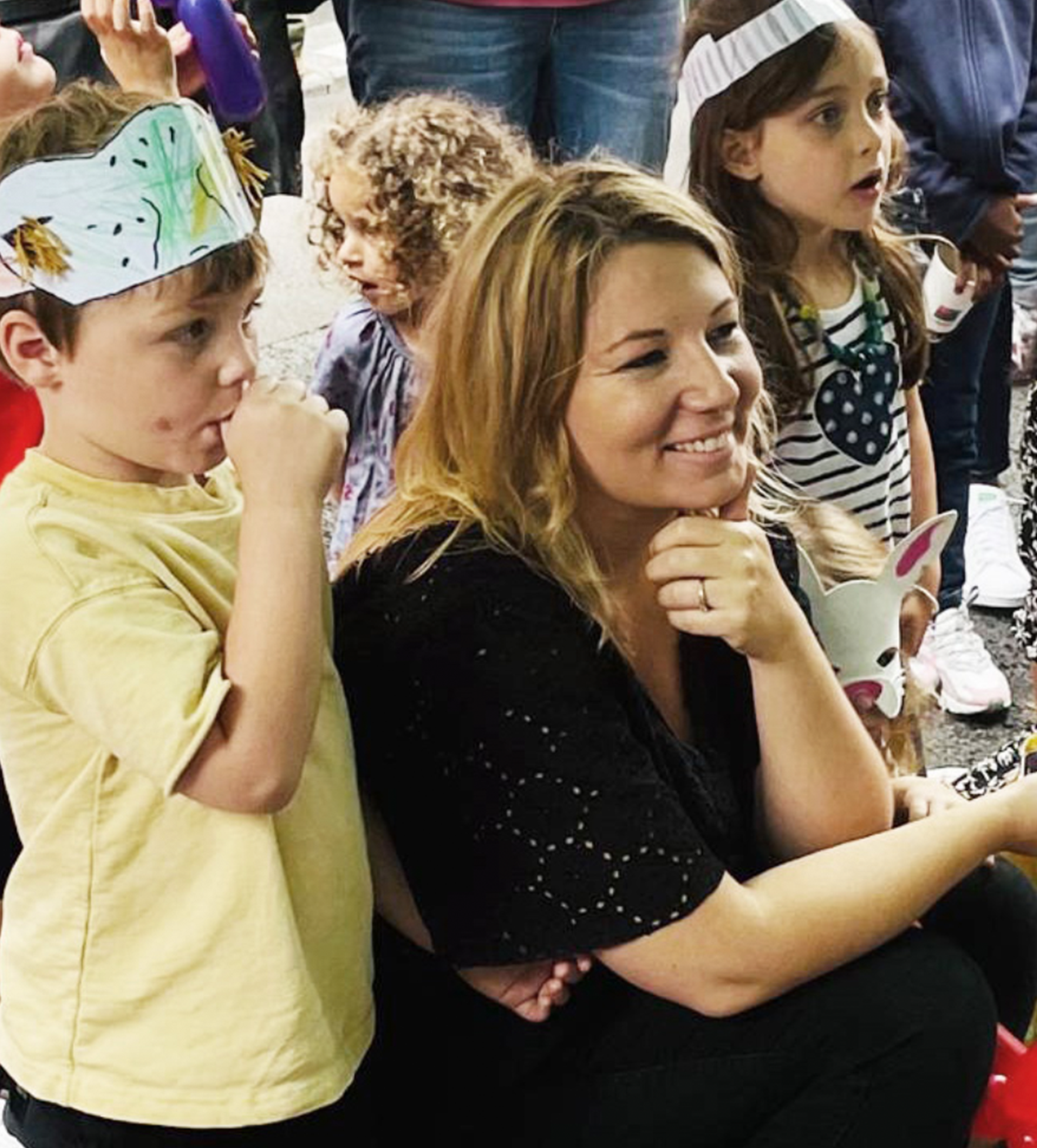
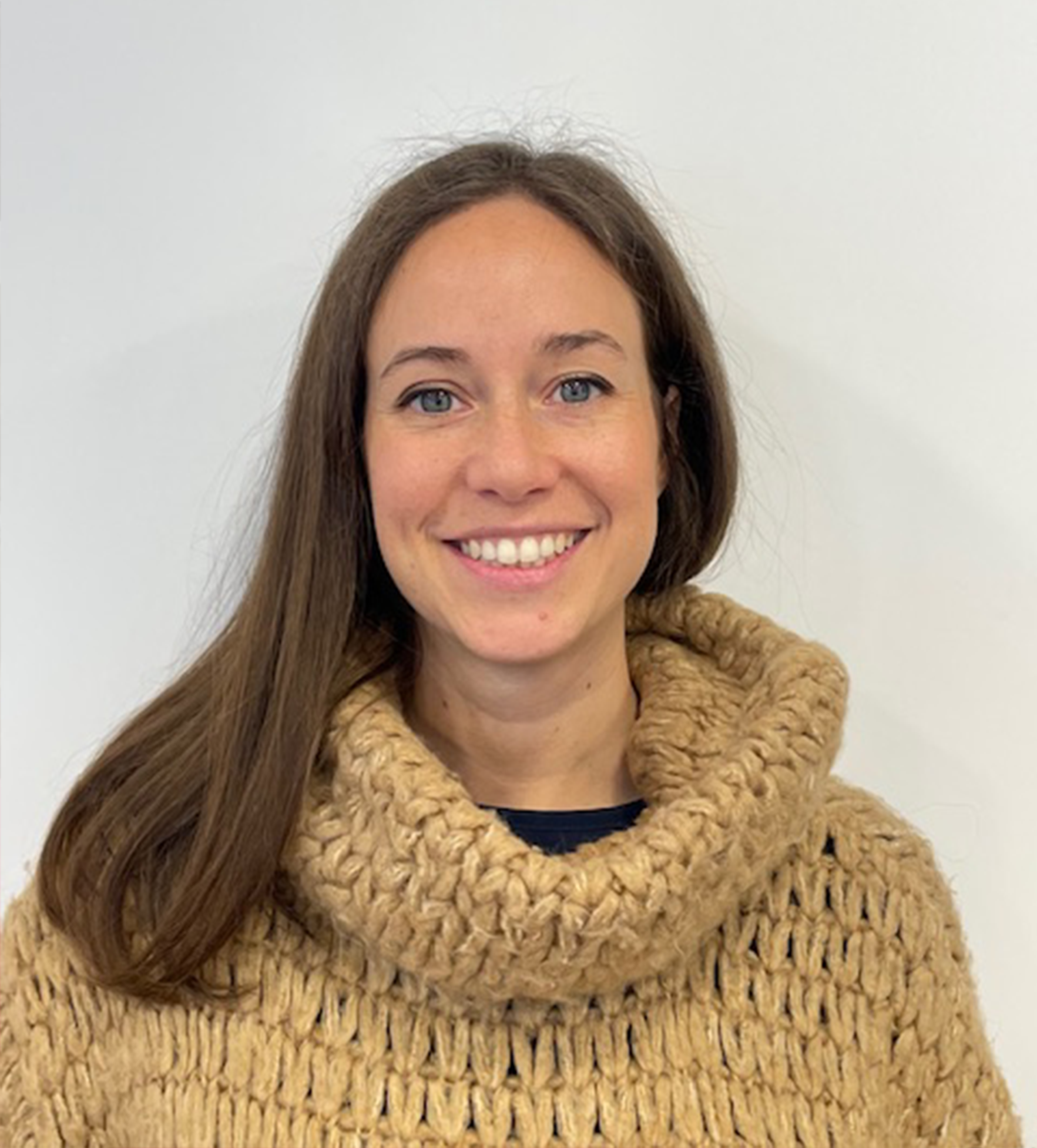
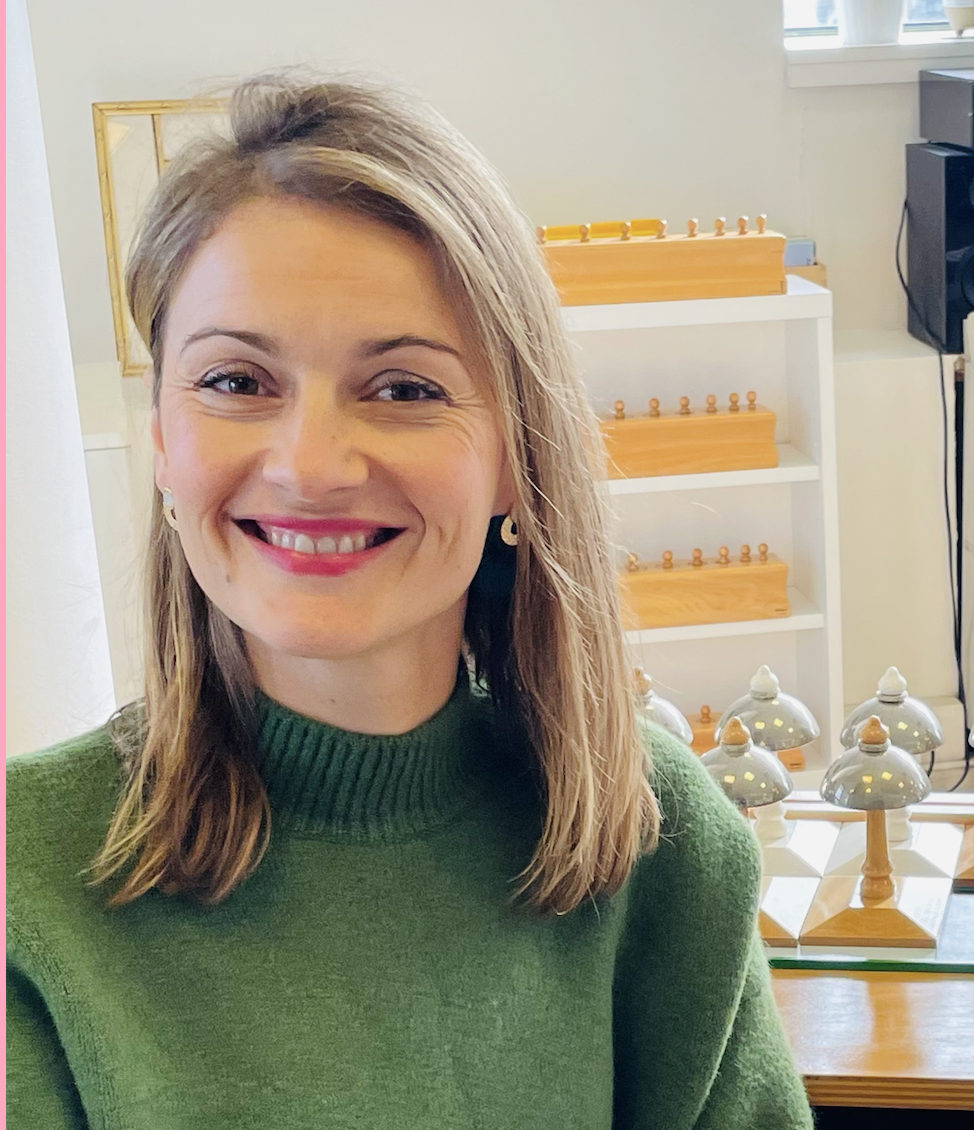
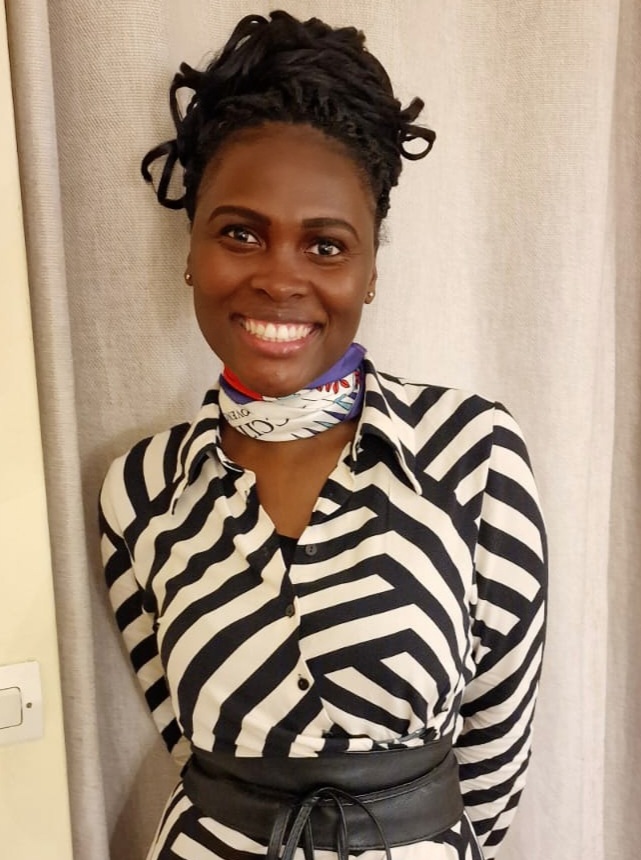
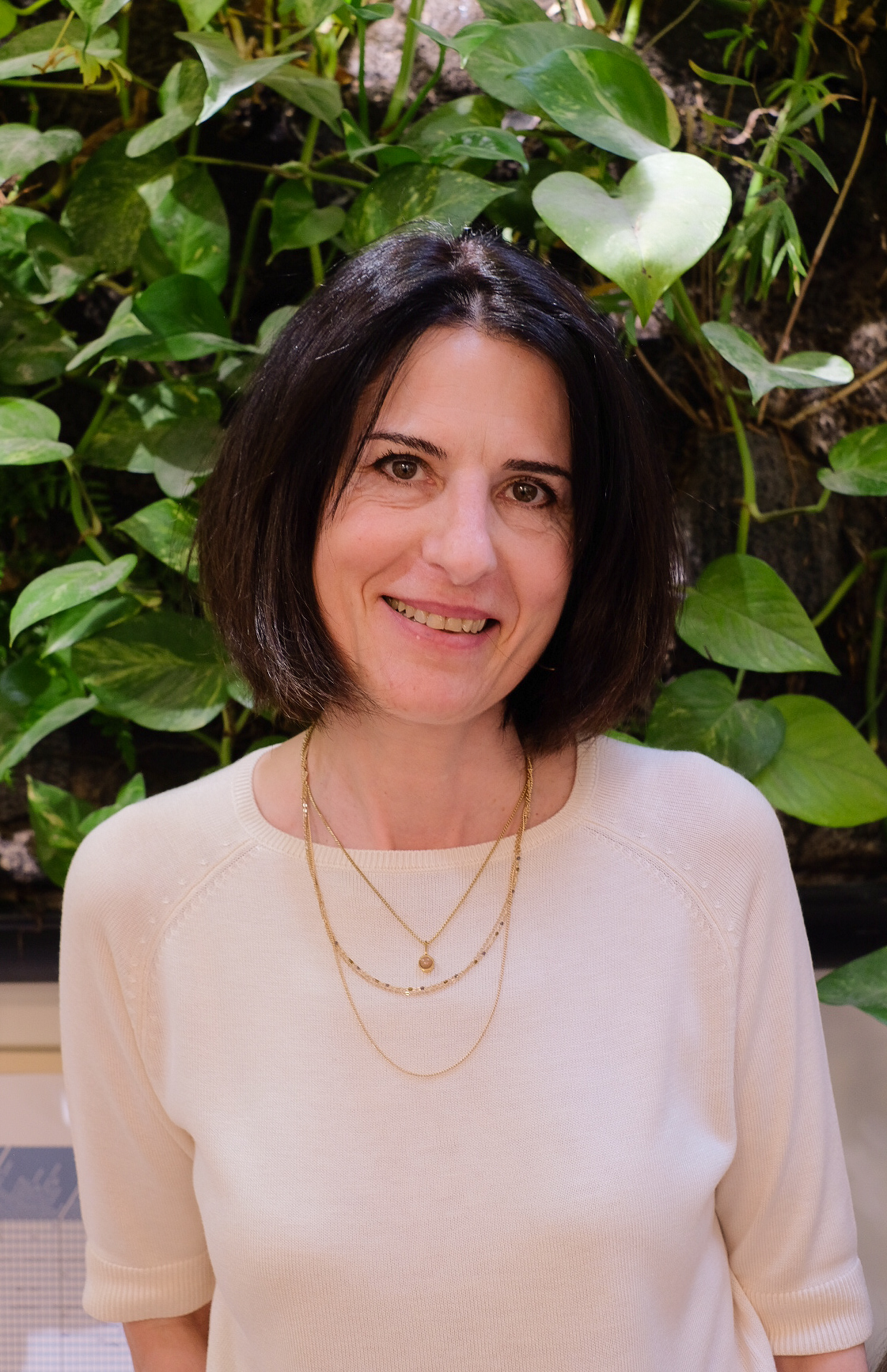
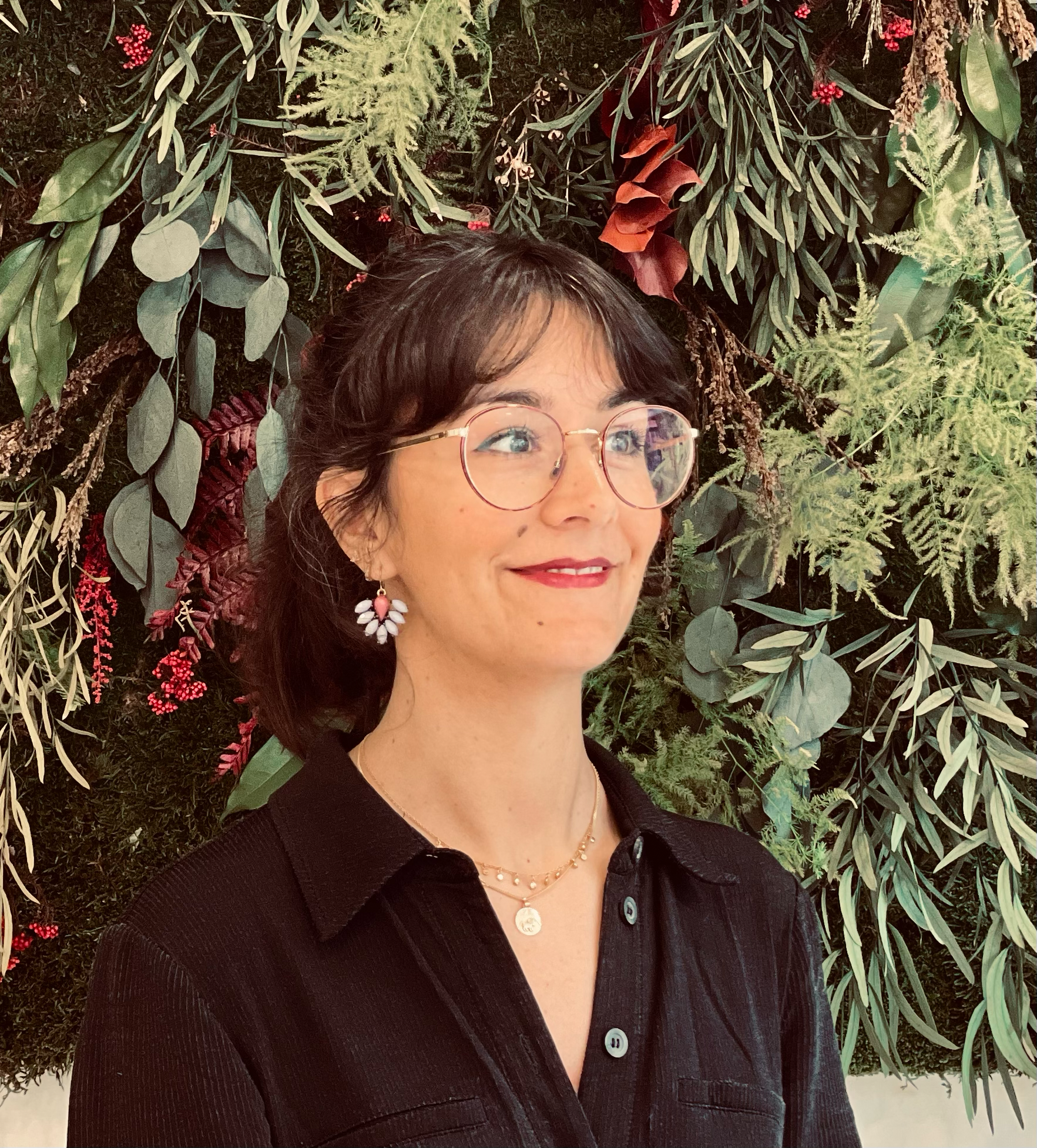
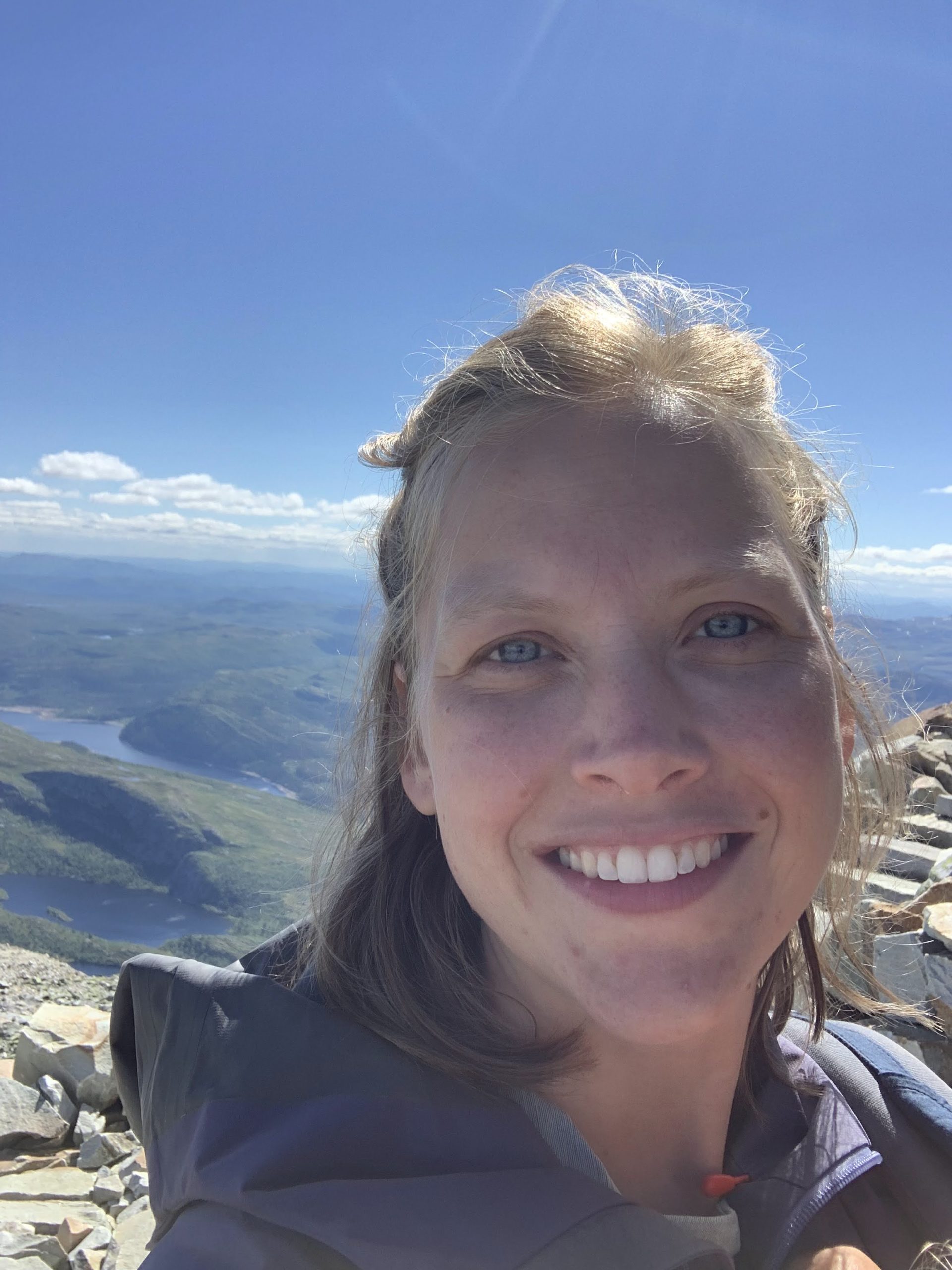

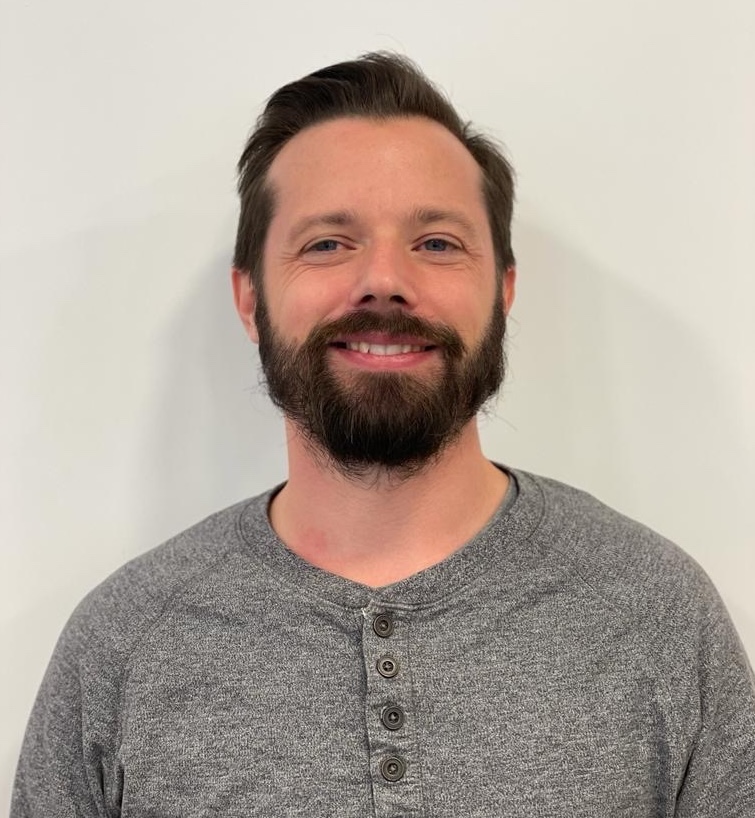
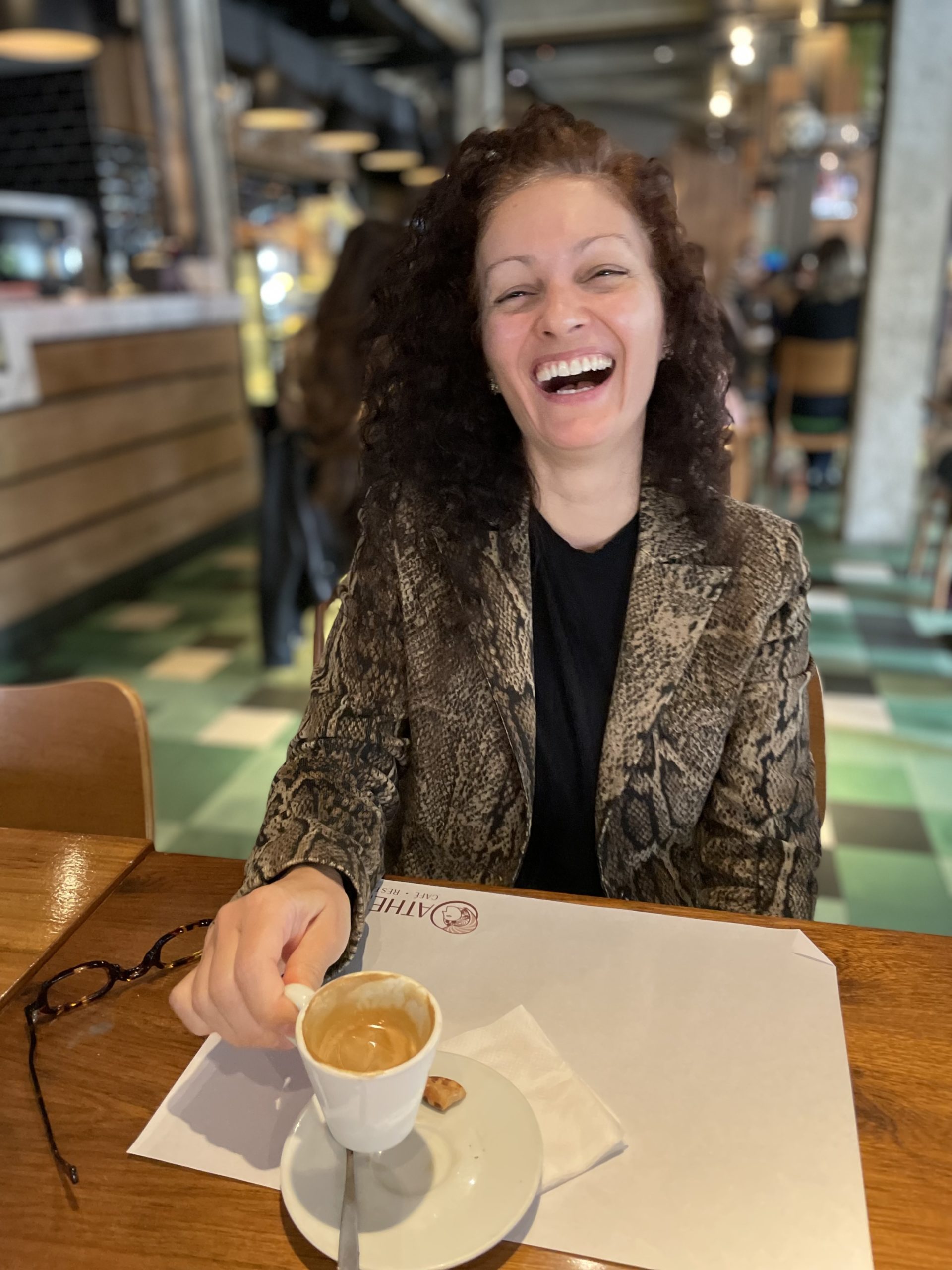
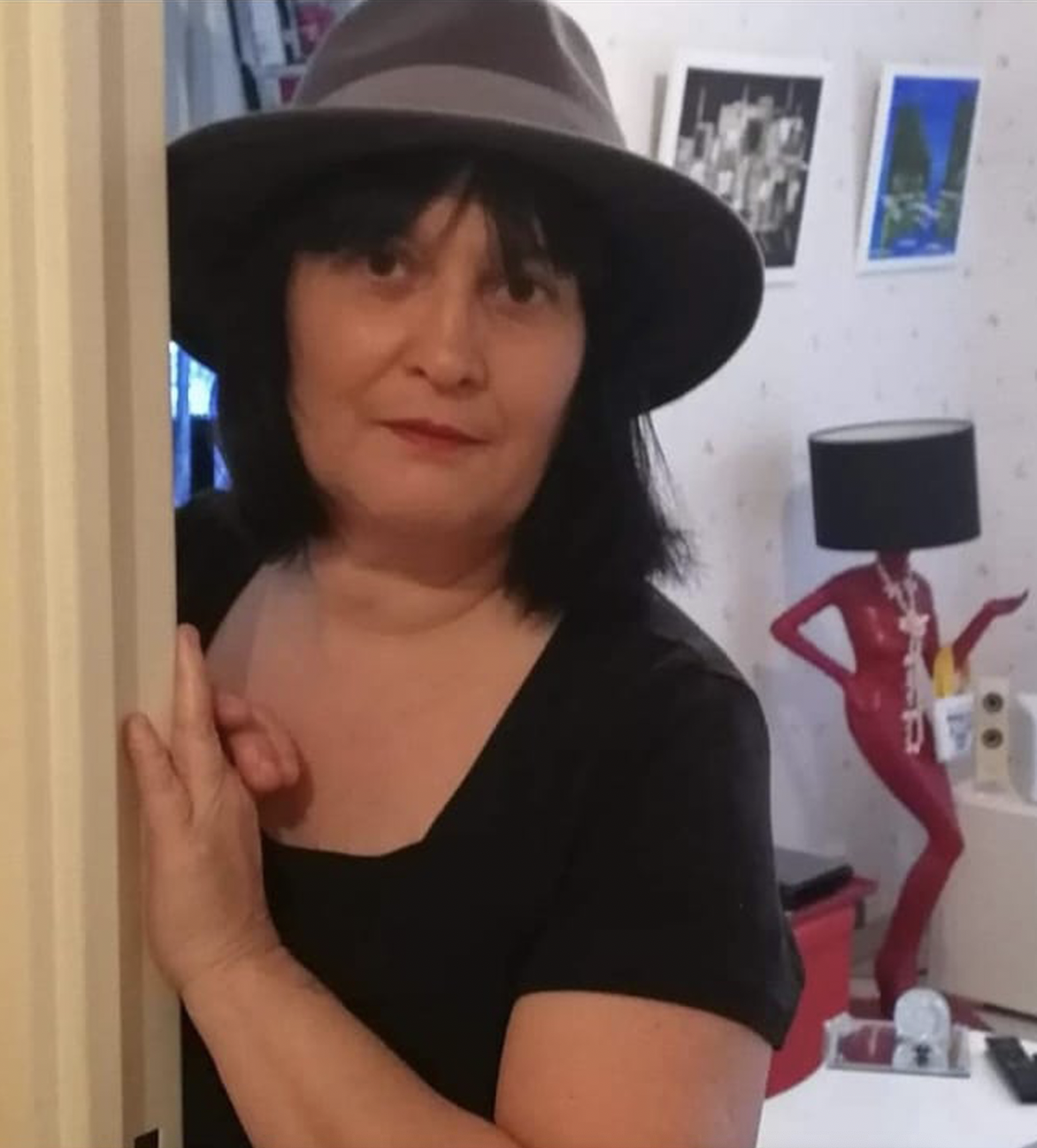
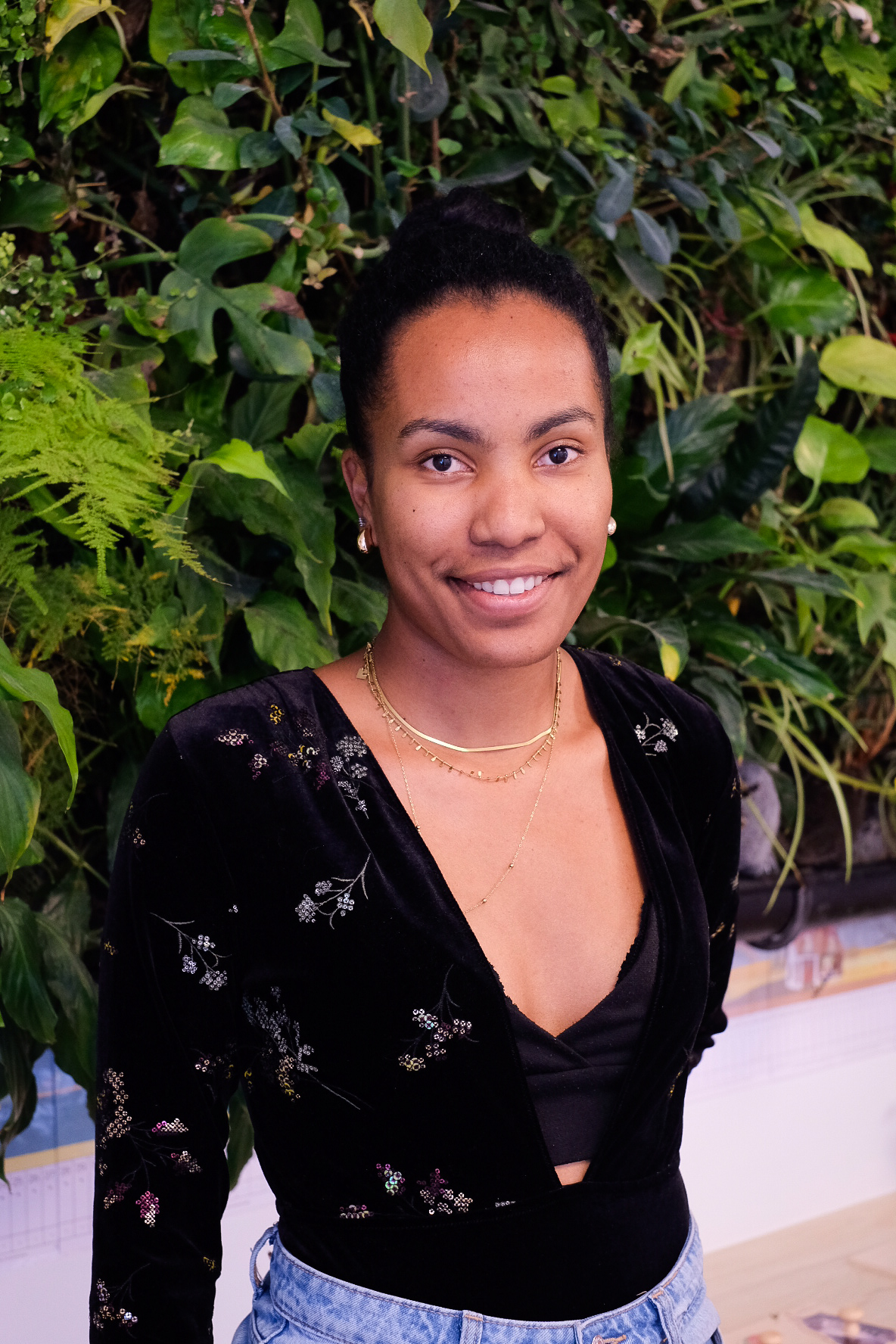
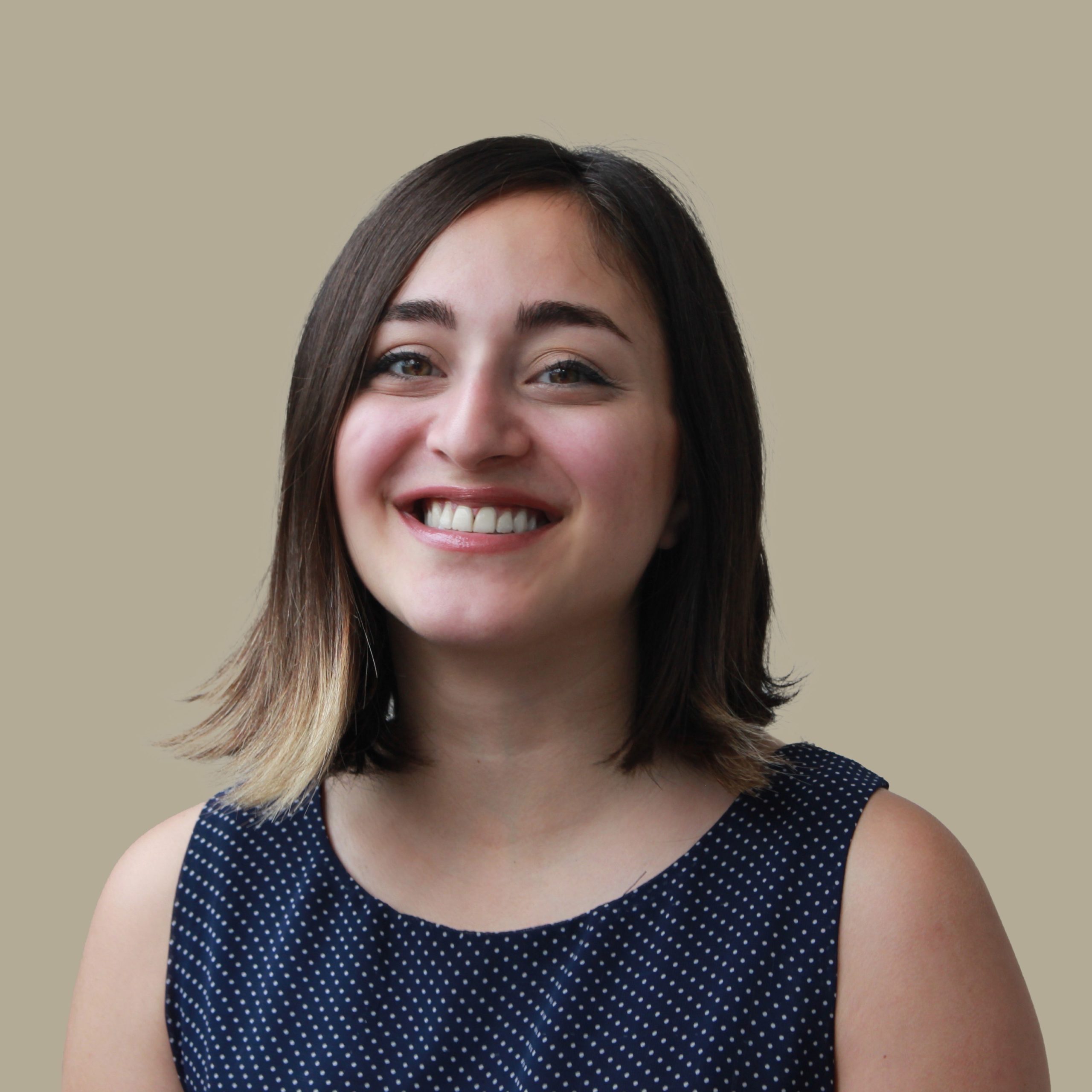
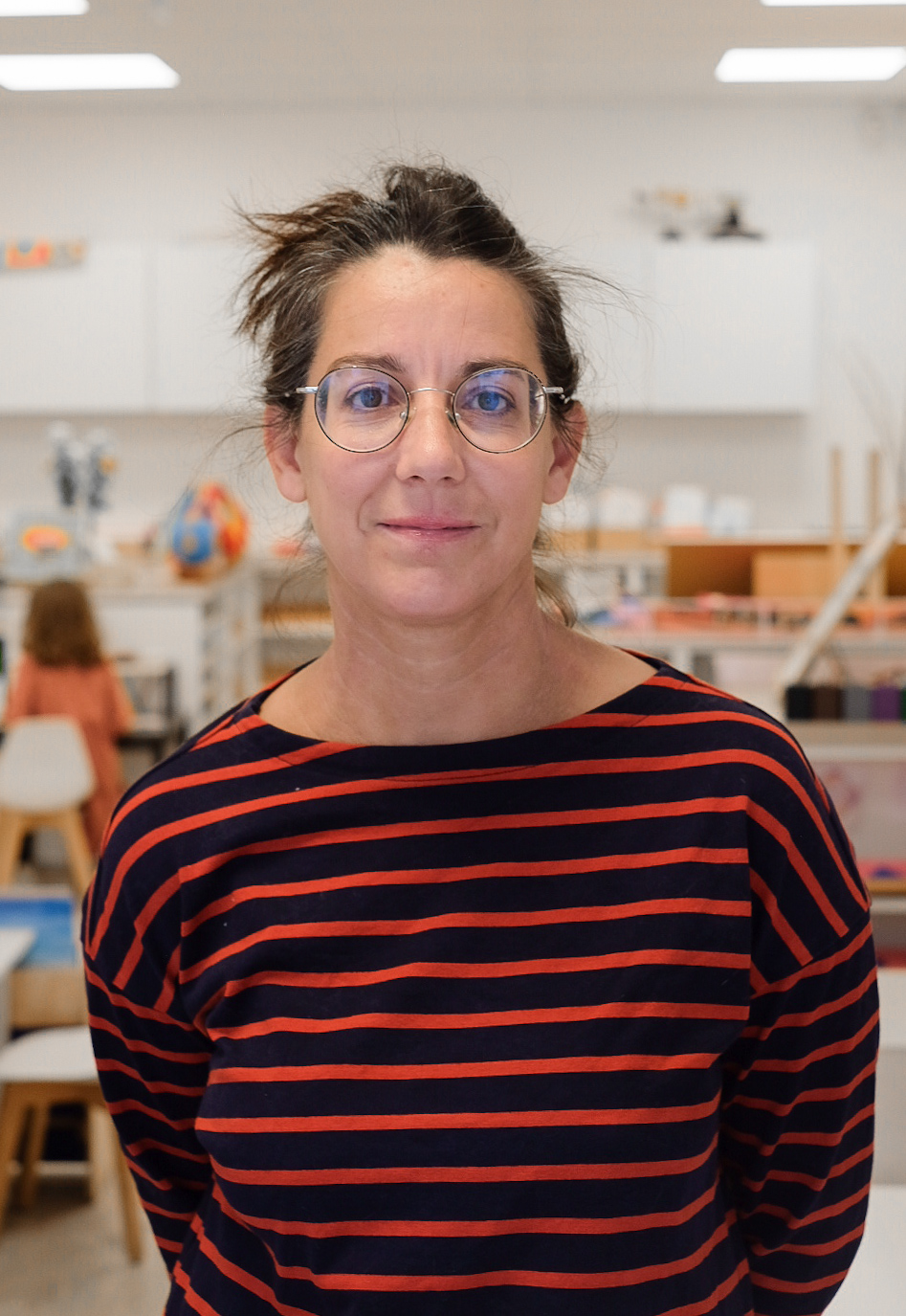

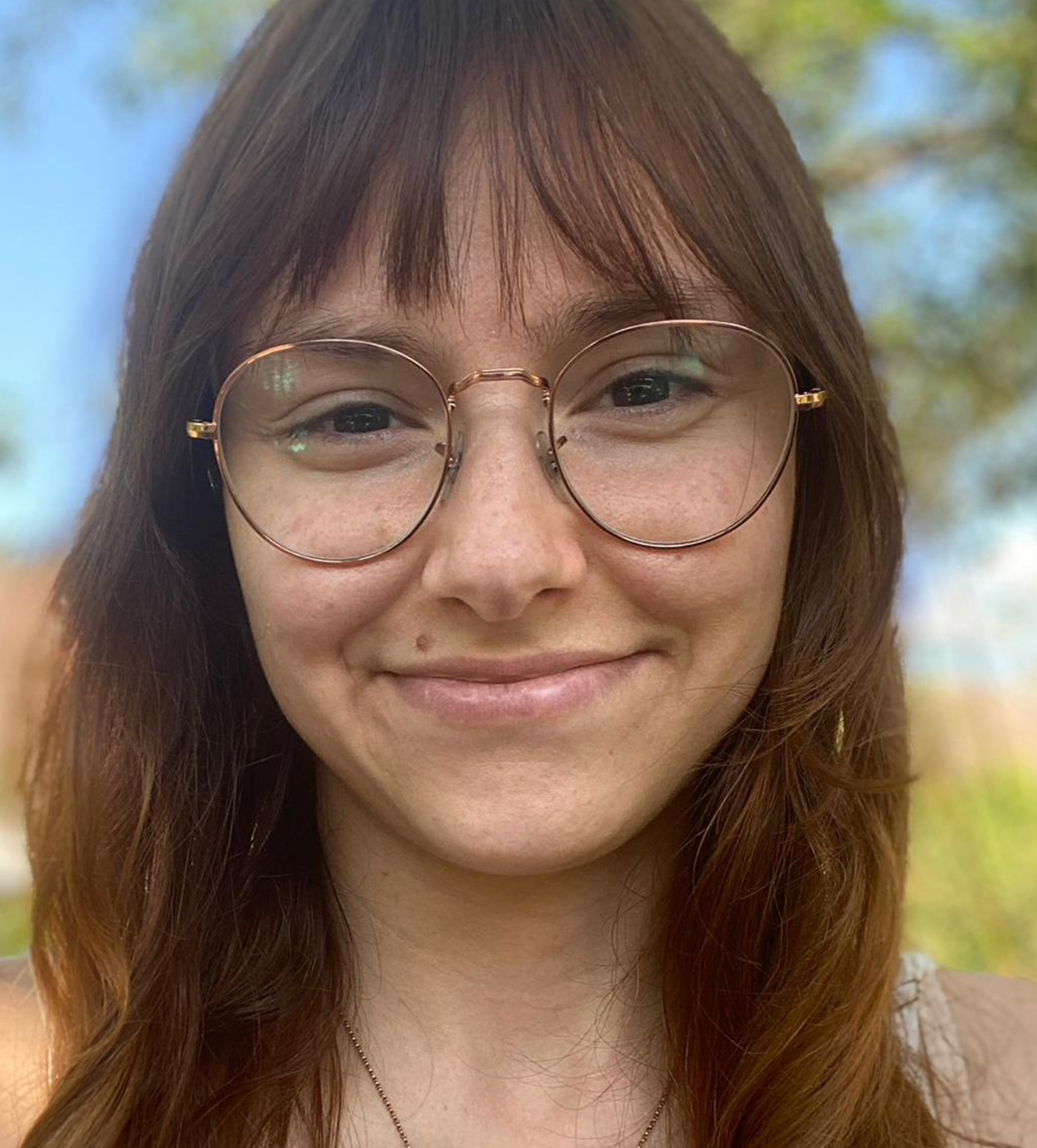
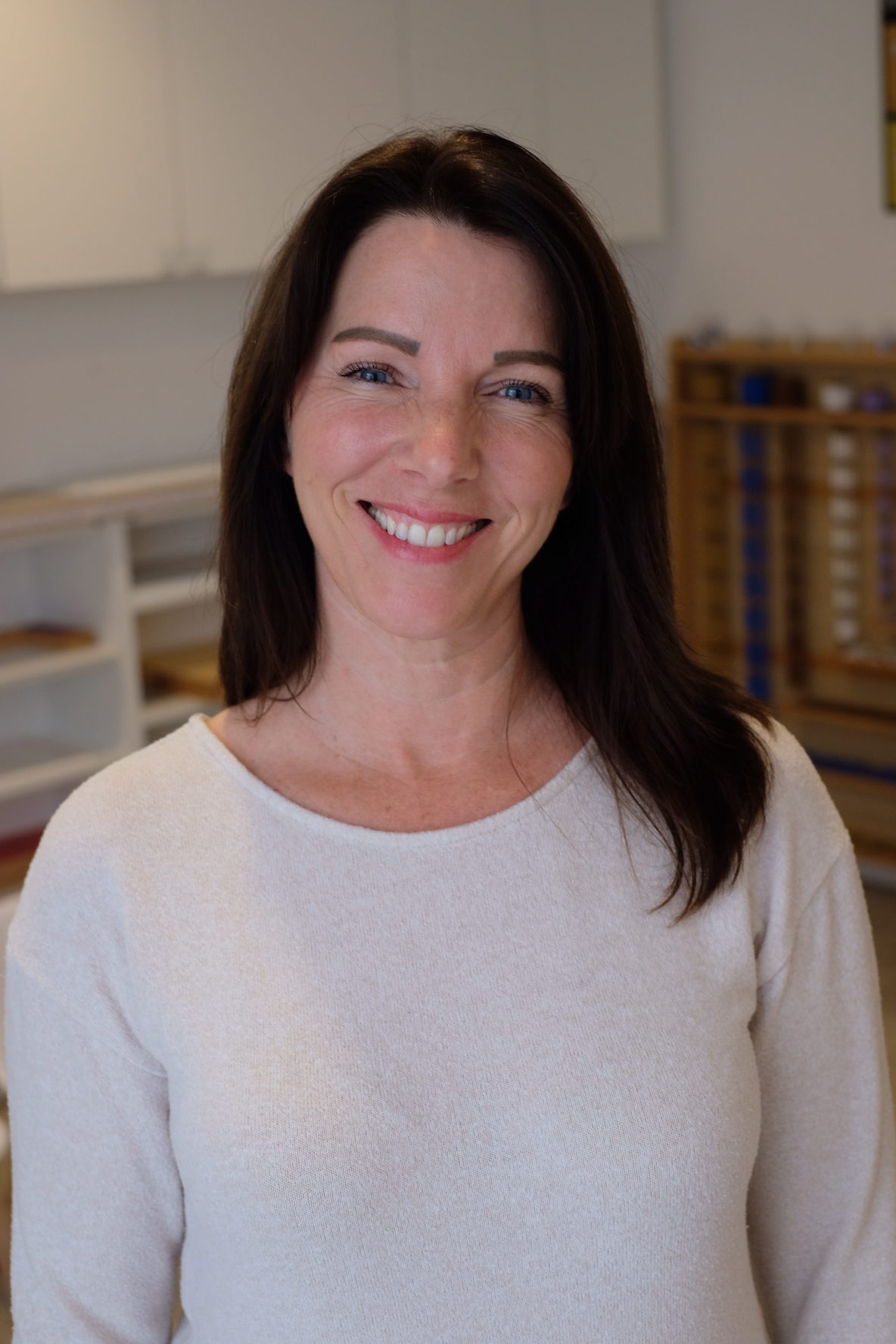


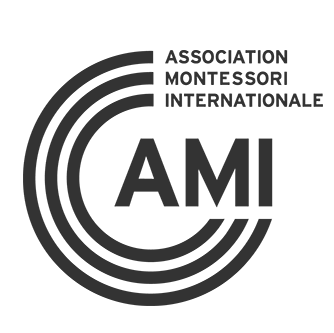 Partner of the Association Montessori Internationale
Partner of the Association Montessori Internationale